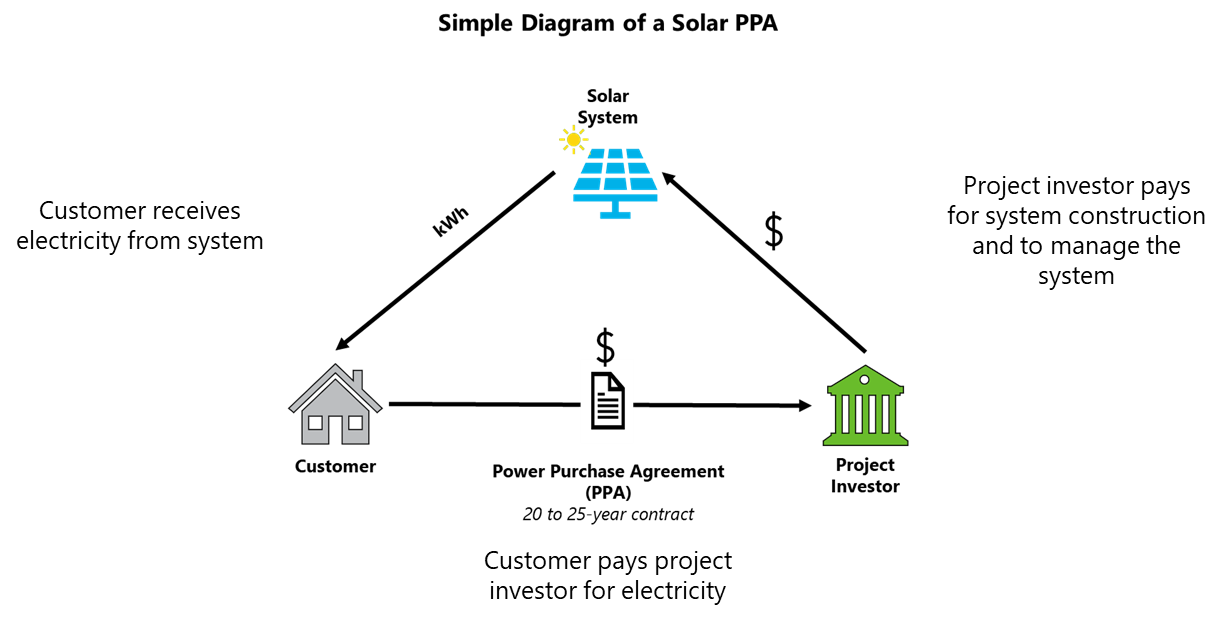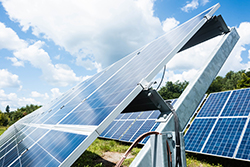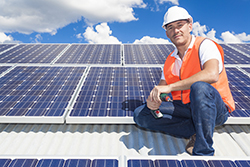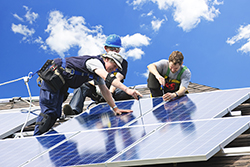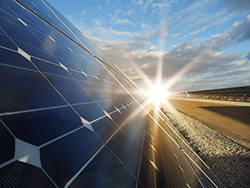what is cost of solar panels
Which way should solar panels be facing? Solar panels should typically be positioned so that the sun's rays fall directly on them. Maximum power generation will be produced as a result. But a lot of things affect how a solar array is oriented. The latitude and location of the site where the array is installed, for instance, are crucial. Additionally, a solar array's output may be impacted by nearby trees or other structures providing shade. Please get in touch with us for a free consultation if installing a solar array is something you're interested in.
Which way should solar panels be facing? It's crucial to install a solar array with the panels facing in the direction that will produce the most energy. This is the most efficient method of utilizing the sun's rays to create energy. You might be unsure of how to tell if your solar panels are facing north or which way to point them. You should take the following things into account when installing your solar array: What kind of electricity do you require? Do you need to generate electricity for a specific time period, such as the night, or do you prefer to do so every day of the week? Do you have access to a steady supply of electricity? Where will your solar panel installation be? You might want to place your solar array close to your residence or place of business. When your solar panel installation is complete, will you have access to electricity? Can you move your panels to other locations if your needs change in the chosen location?
